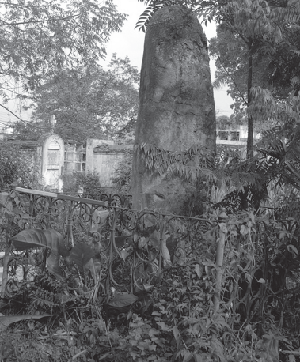Social processes that influence the historical valuation of the Colombian cultural heritage: the case of stigmatization in The Cemetery Universal in Bucaramanga

##plugins.themes.bootstrap3.article.details##
This article presents a critical look of the historical valuation of the Colombian national heritage, through a case of stigmatization exemplified in The Cemetery Universal in Bucaramanga (1910-2010). It seeks to answer the question: What are the social processes that influence the valuation of historic cemeteries in Colombia? The approach to this question is based on the theory based on the construction of stigma, dehumanization, demonization and atypical burials (deviance); from which we seek to identify disqualifying attributes that gave to this burial ground the name: dog cemetery. The results reveal that there is primarily a stigma for the deceased which are non-Catholic, other judgments joined to this stigma as liberal political affiliation; low economic status; socially censured behaviors, especially prostitution and suicide; and causes of violent deaths. The data is processed using a mixed methodology: qualitative and quantitative, encompassing written sources, interviews, surveys and analysis of tombstones and burial licenses. This paper hopes to encourage interest in the equity valuation of the Colombian cemeteries, and to offer new perspectives in research in these spaces of commemoration and remembrance of collective memory.
historical heritage, stigmatization, dehumanization, cemetery and cultural landscapespatrimônio histórico, estigmatização, desumanização, cemitério e paisagens culturaispatrimonio histórico, estigmatización, deshumanización, cementerio y paisajes culturales

